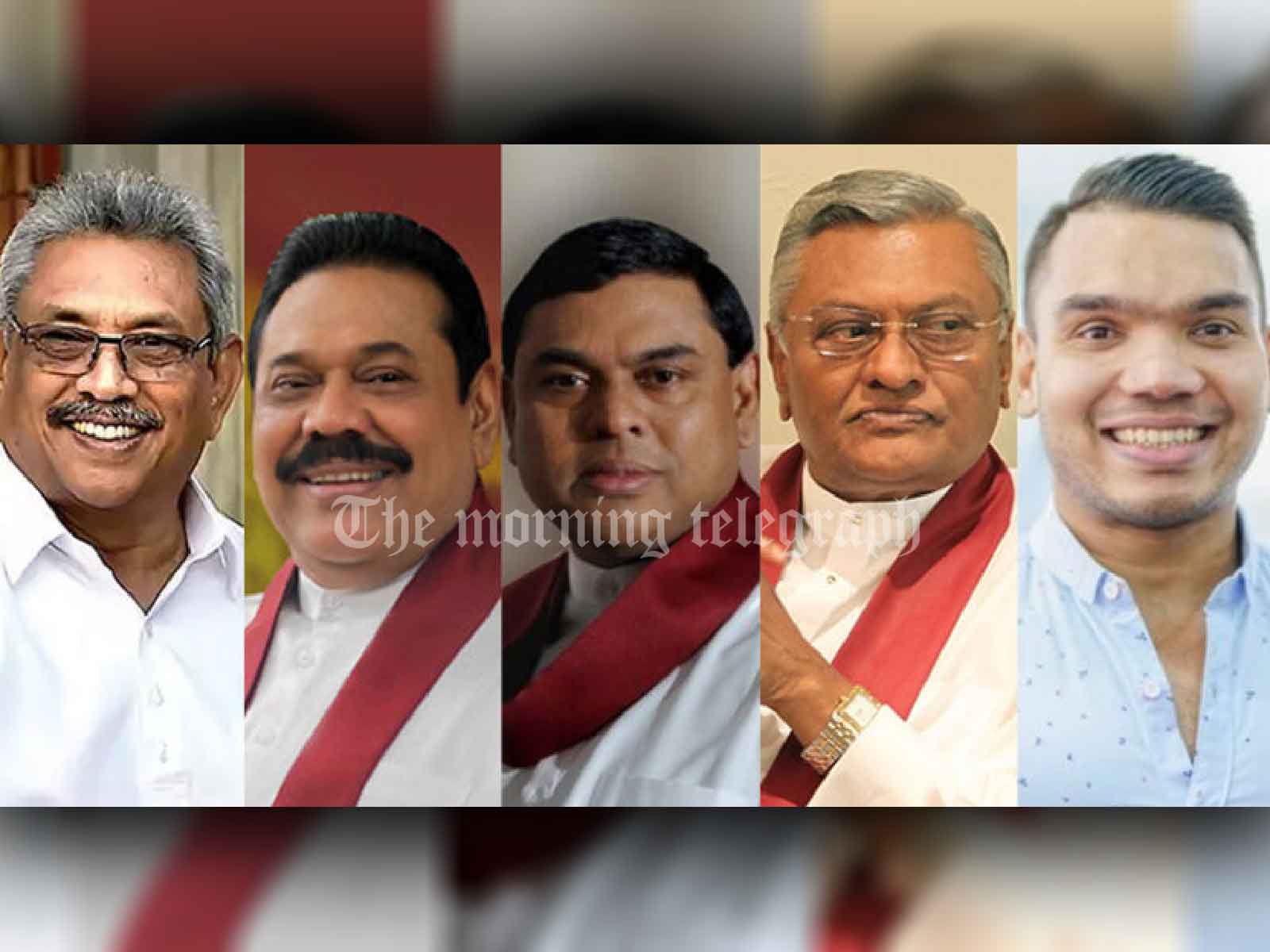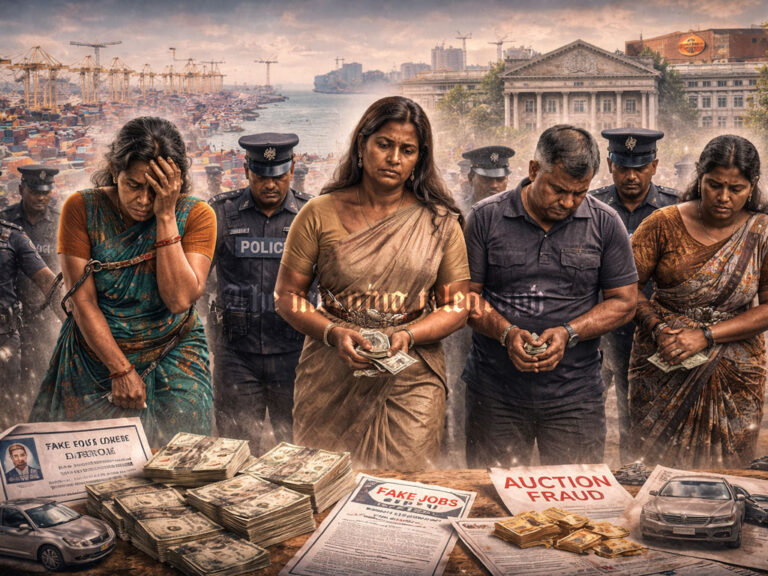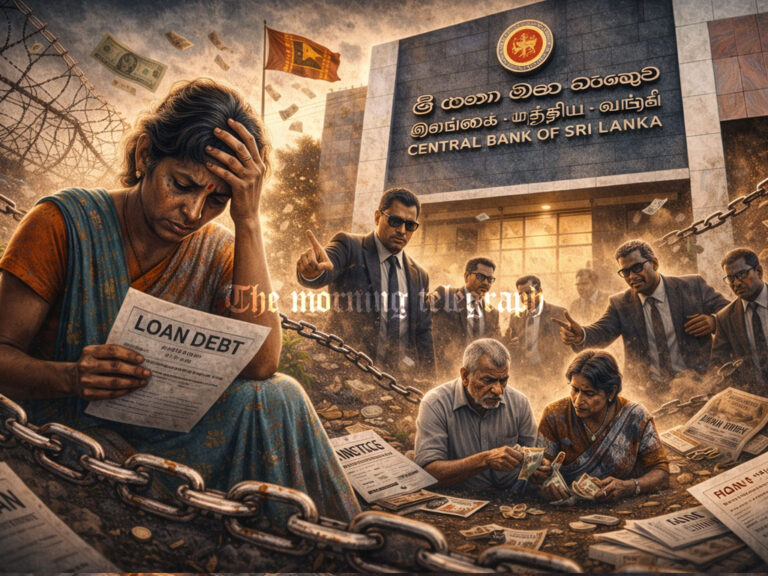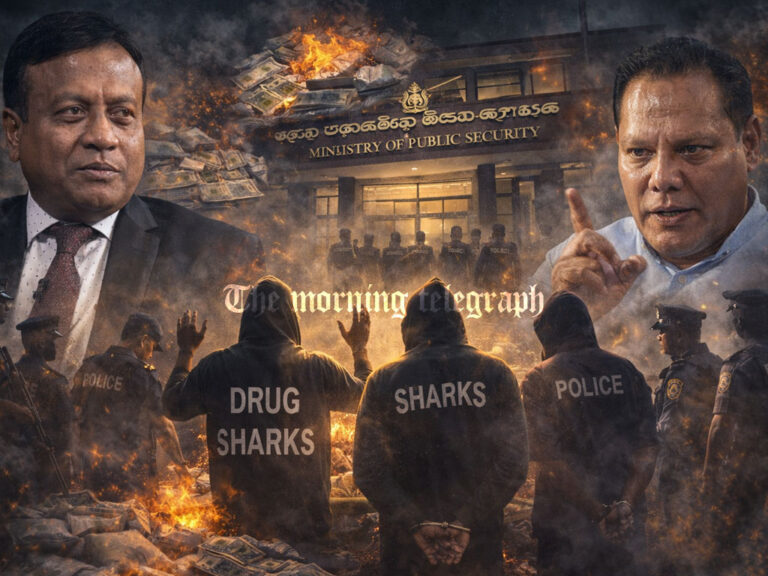
In a significant shift in Sri Lankan politics, none of the Rajapaksa brothers—who have dominated the political landscape for decades—will be contesting in the upcoming general elections on November 14, 2024. The decision marks a notable departure from the political scene for former President Mahinda Rajapaksa, former President Gotabaya Rajapaksa, former Irrigation Minister Chamal Rajapaksa, and former Finance Minister Basil Rajapaksa.
As nominations closed on October 11, 2024, the Sri Lanka Podujana Peramuna (SLPP) party, associated with the Rajapaksa family, revealed its candidate list, which notably excludes all prominent family members. Mahinda Rajapaksa, aged 78, has been a central figure in Sri Lankan politics for over four decades, while his brothers Gotabaya, 75, Chamal, 81, and Basil, 73, also played crucial roles in the previous administrations.
Namal Rajapaksa, Mahinda’s son, will not contest in the elections either but has secured a place on the party’s “national list,” which is designed for members nominated for additional seats based on the party’s electoral performance. Namal previously ran for presidency in September 2024 but finished fourth, garnering only 2.57% of the total votes.
The upcoming election is particularly significant, as it follows the political upheaval triggered by the 2022 crisis that saw widespread protests demanding accountability and change. In the recent presidential election, opposition leader Anura Kumara Dissanayake emerged victorious, receiving 42.31% of the votes. His National People’s Power (NPP) coalition aims to secure a majority in the 225-member Parliament, seeking to increase its current seat share from three to at least 113.
The absence of the Rajapaksa brothers from the election is seen as a response to the prevailing political climate and the fear of defeat, particularly in light of the people’s push for change, known as the “Janatha Aragalaya.” This sentiment was echoed by NPP member Bimal Rathnayake, who stated that the decision of these “corrupt and racist politicians” not to contest reflects their desire to avoid electoral loss.
Additionally, former Presidents Ranil Wickremesinghe and Maithripala Sirisena, along with prominent opposition figures like Patali Champika Ranawaka and Wimal Weerawansa, have also chosen not to participate in the elections.
In response to questions about the Rajapaksa family’s withdrawal, SLPP general secretary Sagara Kariyawasam acknowledged Mahinda’s long service, suggesting he had “done his part” in leading the country during significant developmental phases and through conflicts.
The move away from political candidacy by such long-standing figures underscores a potential shift in Sri Lanka’s political landscape, reflecting the impact of public demand for systemic change and the end of an era dominated by the Rajapaksa legacy. Senior journalist Marianne David remarked that the outcome of the protests has led to seasoned politicians opting for retirement or withdrawing from the electoral race, acknowledging that the electorate would likely reject them if they ran.




